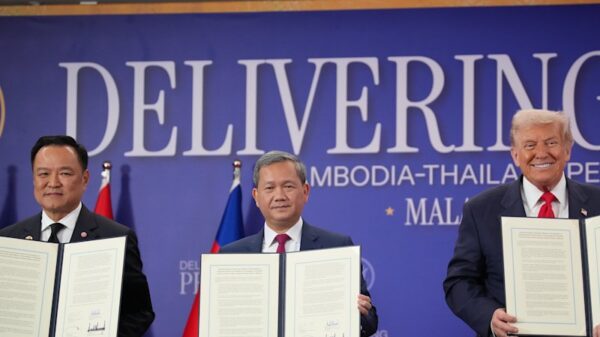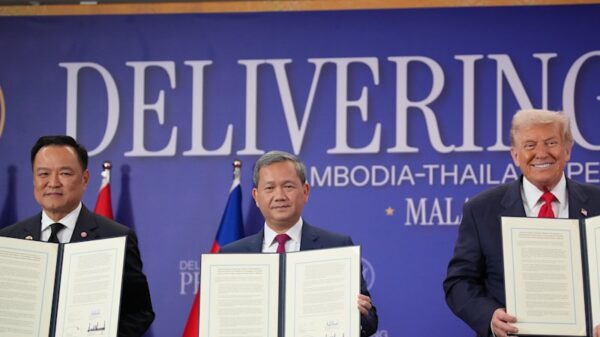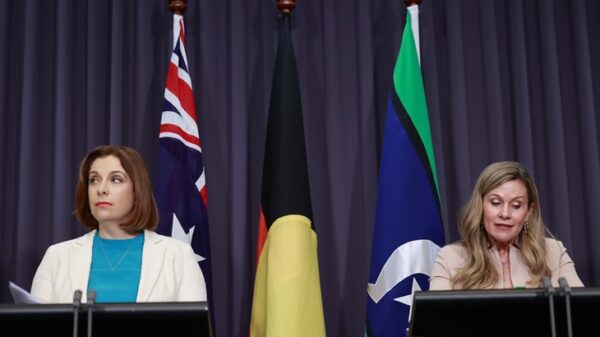A Palestinian advocacy group has expressed strong opposition to former President Donald Trump‘s recent proposal for a ceasefire in Gaza. The group’s statement highlights concerns that the plan fails to address the fundamental need for Palestinian self-governance, thus complicating ongoing efforts for peace in the region.
In a statement released on September 25, 2023, the advocacy group criticized the proposal for lacking specific measures that would empower Palestinians politically and socially. They emphasized that any ceasefire must be part of a broader strategy that allows for the establishment of a viable Palestinian state. The group argues that without addressing self-governance, any ceasefire risks becoming a temporary solution rather than a pathway to lasting peace.
Gaza has been a focal point of conflict for decades, with numerous ceasefires attempted yet failing to yield substantive change. The advocacy group’s position reflects a broader sentiment among many Palestinian leaders who assert that lasting peace can only be achieved through a framework that recognizes Palestinian rights and sovereignty.
The former president’s ceasefire plan has garnered mixed reactions internationally. While some view it as a necessary step towards reducing violence, others argue it lacks the depth required to address the underlying issues. The United Nations has called for renewed dialogue between Israeli and Palestinian authorities, emphasizing the importance of a two-state solution.
The advocacy group further warned that without meaningful political engagement, any ceasefire would merely serve as a temporary pause in hostilities rather than a move towards genuine reconciliation. They called on international stakeholders to push for a comprehensive approach that includes direct negotiations aimed at establishing a Palestinian state.
As tensions in the Middle East continue, the need for a sustainable solution remains pressing. The response to Trump’s proposal illustrates the complexities involved in navigating this long-standing conflict. With various factions holding differing views on the path forward, achieving a consensus will require sustained effort and commitment from all parties involved.






























































